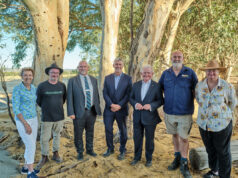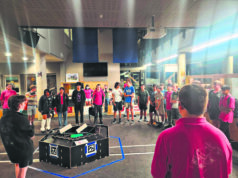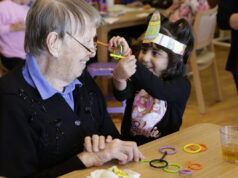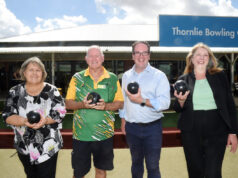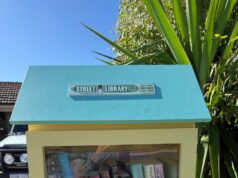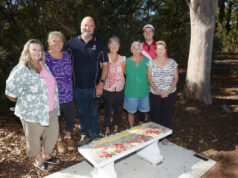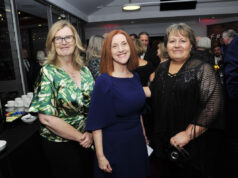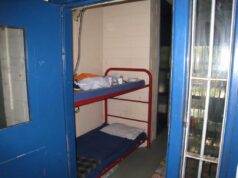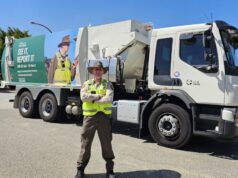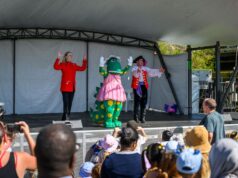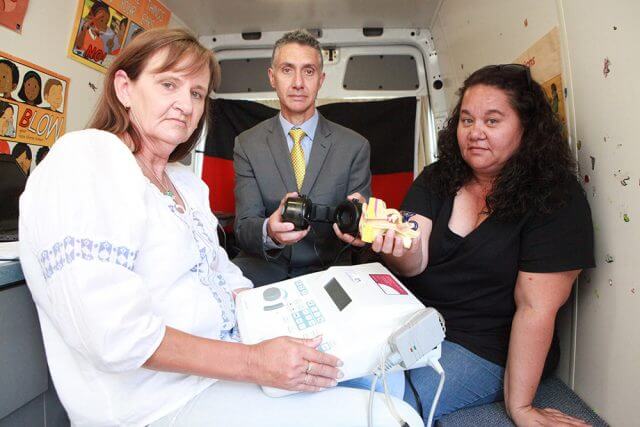
More than 1200 indigenous children in the southeast metropolitan area will not have access to the Telethon speech and hearing (TSH) mobile ear clinic after a state government decision to not renew funding next year.
The three van-based clinics drive to about 90 schools in the metro and southwest areas and check indigenous children for ear problems.
It costs the state about $700,000 annually to run the clinics, which were described as ‘good to outstanding’ in a recent report on Aboriginal health programs.
Unchecked hearing loss and ear issues can impact learning outcomes of children.
In November the state government announced it would operate its own program from schools to avoid a duplication of services.
Mobile ear clinic screener Jane Matthews said the service was not being duplicated because the state government could not deliver what they did.
“It’s for people who can’t access these services themselves because often they don’t have any transport,” she said.
“We feel the biggest improvement we’ve made is actually in ear health education where these kids are now self managing their own ears and going home and teaching their family.”
Member for Armadale Tony Buti said not funding the ear buses was a retrograde step.
“If we remove this service, which really in the overall health budget is a significantly small outlay, the chances of being able to address the hearing difficulties of kids are going to be severely compromised,” he said.
A WA Health Department spokeswoman said no one would be disadvantaged.
“From term one 2016, child and adolescent community health (CACH) will liaise with the schools currently being serviced by TSH to ensure children requiring follow up are directed to the right service and that all Aboriginal children and those at risk of ear health problems are screened,” she said.
“This will provide a service to all schools who have a significant number of Aboriginal children and also to a large proportion of those children who are currently hard to reach or those who have previously had difficulties in accessing ear health services.”
“The additional staff required for the Aboriginal ear health program includes nurses, Aboriginal health workers and an ear health coordinator to oversee the services.”


